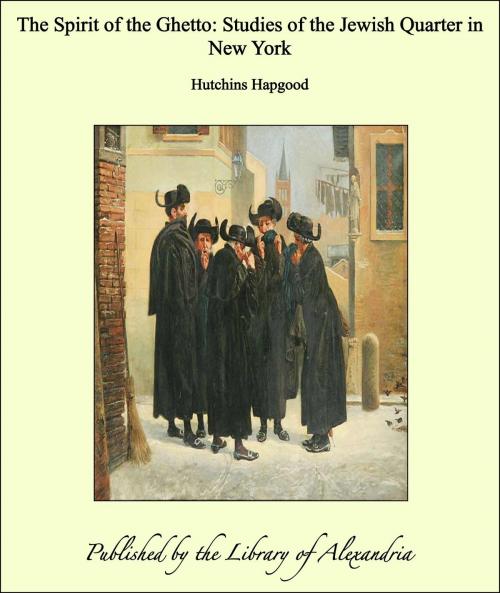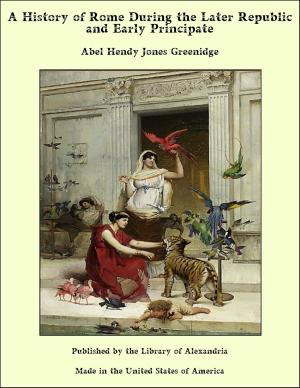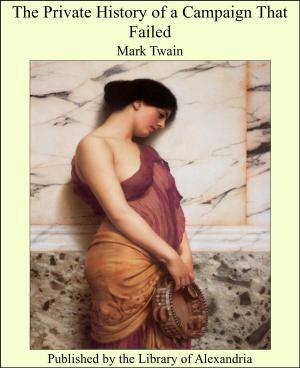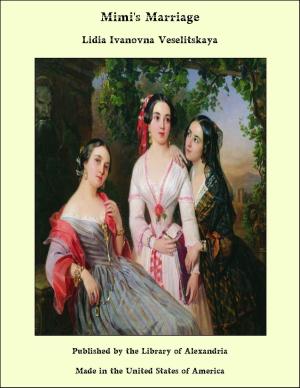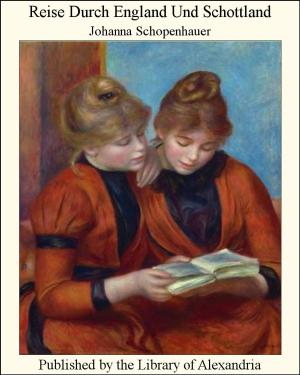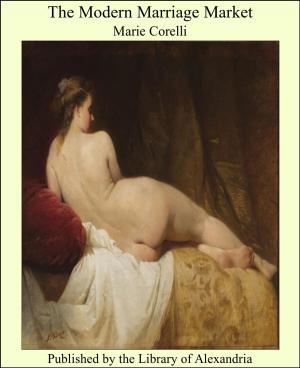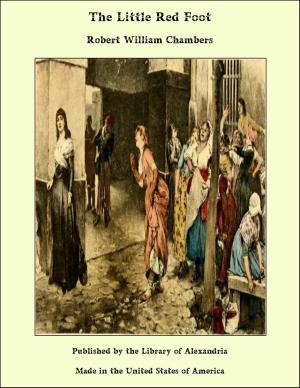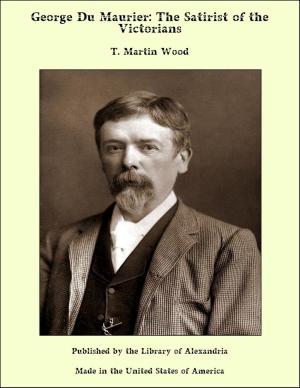The Spirit of the Ghetto: Studies of the Jewish Quarter in New York
Nonfiction, Religion & Spirituality, New Age, History, Fiction & Literature| Author: | Hutchins Hapgood | ISBN: | 9781465557261 |
| Publisher: | Library of Alexandria | Publication: | July 29, 2009 |
| Imprint: | Library of Alexandria | Language: | English |
| Author: | Hutchins Hapgood |
| ISBN: | 9781465557261 |
| Publisher: | Library of Alexandria |
| Publication: | July 29, 2009 |
| Imprint: | Library of Alexandria |
| Language: | English |
The Old and the New THE OLD MAN No part of New York has a more intense and varied life than the colony of Russian and Galician Jews who live on the east side and who form the largest Jewish city in the world. The old and the new come here into close contact and throw each other into high relief. The traditions and customs of the orthodox Jew are maintained almost in their purity, and opposed to these are forms and ideas of modern life of the most extreme kind. The Jews are at once tenacious of their character and susceptible to their Gentile environment, when that environment is of a high order of civilization. Accordingly, in enlightened America they undergo rapid transformation tho retaining much that is distinctive; while in Russia, surrounded by an ignorant peasantry, they remain by themselves, do not so commonly learn the Gentile language, and prefer their own forms of culture. There their life centres about religion. Prayer and the study of "the Law" constitute practically the whole life of the religious Jew. When the Jew comes to America he remains, if he is old, essentially the same as he was in Russia. His deeply rooted habits and the "worry of daily bread" make him but little sensitive to the conditions of his new home. His imagination lives in the old country and he gets his consolation in the old religion. He picks up only about a hundred English words and phrases, which he pronounces in his own way. Some of his most common acquisitions are "vinda" (window), "zieling" (ceiling), "never mind," "alle right," "that'll do," "politzman" (policeman); "ein schön kind, ein reg'lar pitze!" (a pretty child, a regular picture). Of this modest vocabulary he is very proud, for it takes him out of the category of the "greenhorn," a term of contempt to which the satirical Jew is very sensitive. The man who has been only three weeks in this country hates few things so much as to be called a "greenhorn." Under this fear he learns the small vocabulary to which in many years he adds very little. His dress receives rather greater modification than his language. In the old country he never appeared in a short coat; that would be enough to stamp him as a "freethinker." But when he comes to New York and his coat is worn out he is unable to find any garment long enough. The best he can do is to buy a "cut-away" or a "Prince Albert," which he often calls a "Prince Isaac." As soon as he imbibes the fear of being called a "greenhorn" he assumes the "Prince Isaac" with less regret. Many of the old women, without diminution of piety, discard their wigs, which are strictly required by the orthodox in Russia, and go even to the synagogue with nothing on their heads but their natural locks. The old Jew on arriving in New York usually becomes a sweat-shop tailor or push-cart peddler. There are few more pathetic sights than an old man with a long beard, a little black cap on his head and a venerable face—a man who had been perhaps a Hebraic or Talmudic scholar in the old country, carrying or pressing piles of coats in the melancholy sweat-shop; or standing for sixteen hours a day by his push-cart in one of the dozen crowded streets of the Ghetto, where the great markets are, selling among many other things apples, garden stuff, fish and second-hand shirts
The Old and the New THE OLD MAN No part of New York has a more intense and varied life than the colony of Russian and Galician Jews who live on the east side and who form the largest Jewish city in the world. The old and the new come here into close contact and throw each other into high relief. The traditions and customs of the orthodox Jew are maintained almost in their purity, and opposed to these are forms and ideas of modern life of the most extreme kind. The Jews are at once tenacious of their character and susceptible to their Gentile environment, when that environment is of a high order of civilization. Accordingly, in enlightened America they undergo rapid transformation tho retaining much that is distinctive; while in Russia, surrounded by an ignorant peasantry, they remain by themselves, do not so commonly learn the Gentile language, and prefer their own forms of culture. There their life centres about religion. Prayer and the study of "the Law" constitute practically the whole life of the religious Jew. When the Jew comes to America he remains, if he is old, essentially the same as he was in Russia. His deeply rooted habits and the "worry of daily bread" make him but little sensitive to the conditions of his new home. His imagination lives in the old country and he gets his consolation in the old religion. He picks up only about a hundred English words and phrases, which he pronounces in his own way. Some of his most common acquisitions are "vinda" (window), "zieling" (ceiling), "never mind," "alle right," "that'll do," "politzman" (policeman); "ein schön kind, ein reg'lar pitze!" (a pretty child, a regular picture). Of this modest vocabulary he is very proud, for it takes him out of the category of the "greenhorn," a term of contempt to which the satirical Jew is very sensitive. The man who has been only three weeks in this country hates few things so much as to be called a "greenhorn." Under this fear he learns the small vocabulary to which in many years he adds very little. His dress receives rather greater modification than his language. In the old country he never appeared in a short coat; that would be enough to stamp him as a "freethinker." But when he comes to New York and his coat is worn out he is unable to find any garment long enough. The best he can do is to buy a "cut-away" or a "Prince Albert," which he often calls a "Prince Isaac." As soon as he imbibes the fear of being called a "greenhorn" he assumes the "Prince Isaac" with less regret. Many of the old women, without diminution of piety, discard their wigs, which are strictly required by the orthodox in Russia, and go even to the synagogue with nothing on their heads but their natural locks. The old Jew on arriving in New York usually becomes a sweat-shop tailor or push-cart peddler. There are few more pathetic sights than an old man with a long beard, a little black cap on his head and a venerable face—a man who had been perhaps a Hebraic or Talmudic scholar in the old country, carrying or pressing piles of coats in the melancholy sweat-shop; or standing for sixteen hours a day by his push-cart in one of the dozen crowded streets of the Ghetto, where the great markets are, selling among many other things apples, garden stuff, fish and second-hand shirts
